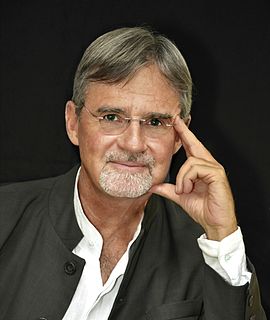A Quote by Garrison Keillor
We thank you [the soldiers recently returned from the middle east] for your service.
Related Quotes
Yeah, I know a lot of soldiers. I know soldiers who don't like to hear thank you for your service. And I know soldiers that do like to be told thank you for your service. The ones who don't like to be told are the ones who've been through serious sh*t. They don't care about feedback. They did their job. They did what they have to do. Sometimes the people that thank them are exactly the ones they don't want to be thanked by.
On behalf of all Americans, let me also thank the entire Polish people for the generosity you have shown in welcoming our soldiers to your country. These soldiers are not only brave defenders of freedom, but also symbols of America's commitment to your security and your place in a strong and democratic Europe.
I think the public is very reluctant to get involved in more foreign wars, especially in the Middle East. And they understand, implicitly, that we go to war in the Middle East because of oil. And if we don't want to go to war in the Middle East, then we have to do something about the oil problem. And I think that view is gaining ground in the U.S.
I believe that the Iraqis have an opportunity now, without Saddam Hussein there, to build the first multiconfessional Arab democracy in the Middle East. And that will make for a different kind of Middle East. And these things take time. History has a long arc, not a short one. And there are going to be ups and downs, and it is going to take patience by the United States and by Iraq's neighbors to help the Iraqis to do that. But if they succeed, it'll transform the Middle East, and that's worth doing.
There's kind of a hidden point which isn't being brought out, and that is that it is inconceivable that the U.S. would permit democracy in the Middle East, and for a very simple reason. Just take a look at polls of Arab public opinion. They exist. You can't find them in the press, but they exist from prestigious polling agencies. Released by major institutions. And what they show is that if there was democracy in the Middle East, the entire U.S. program for domination of the Middle East would be down the tube.





































